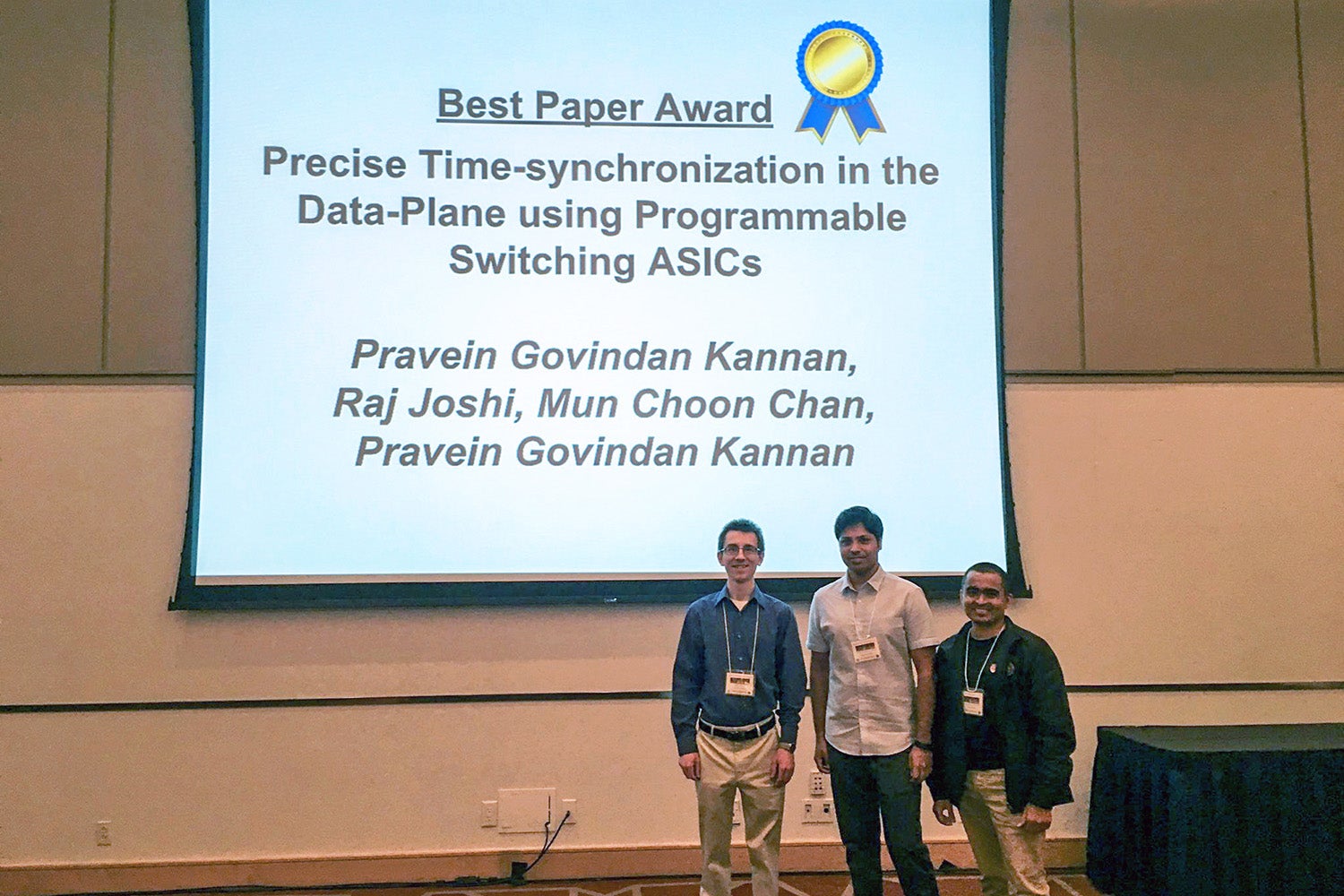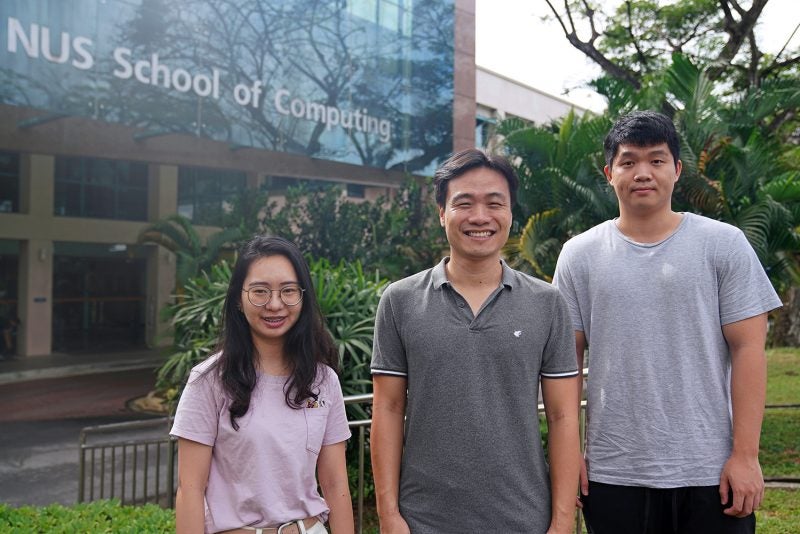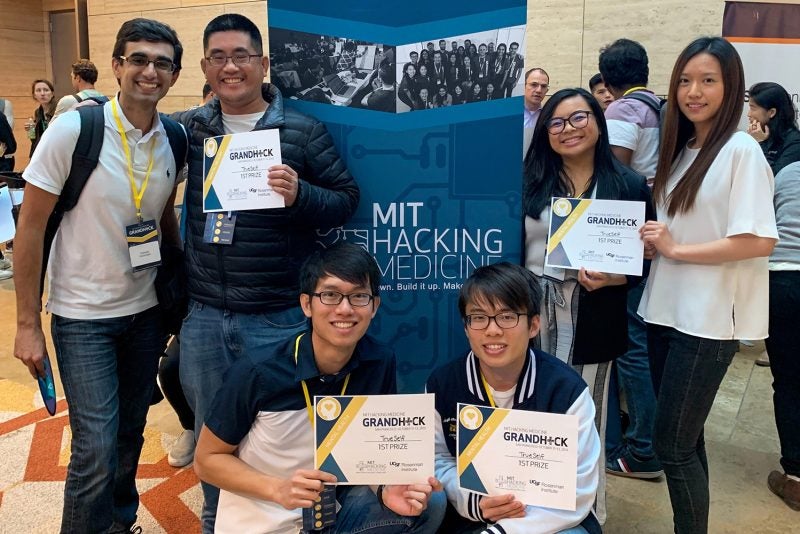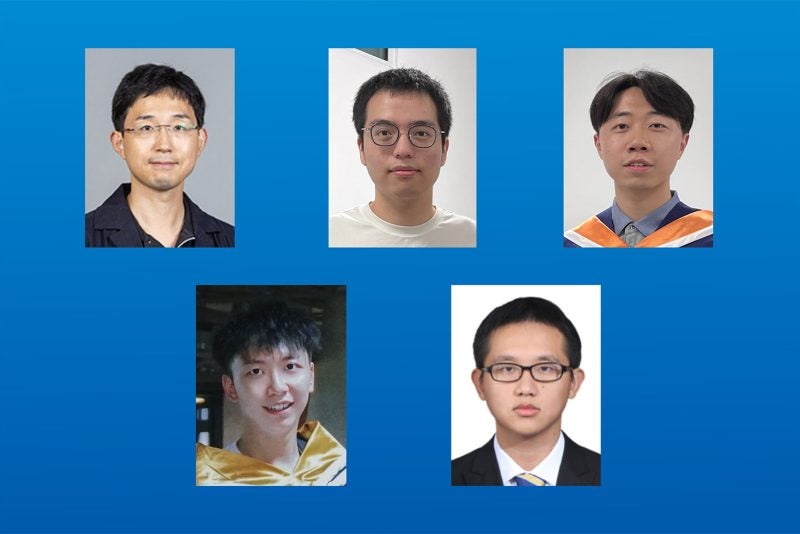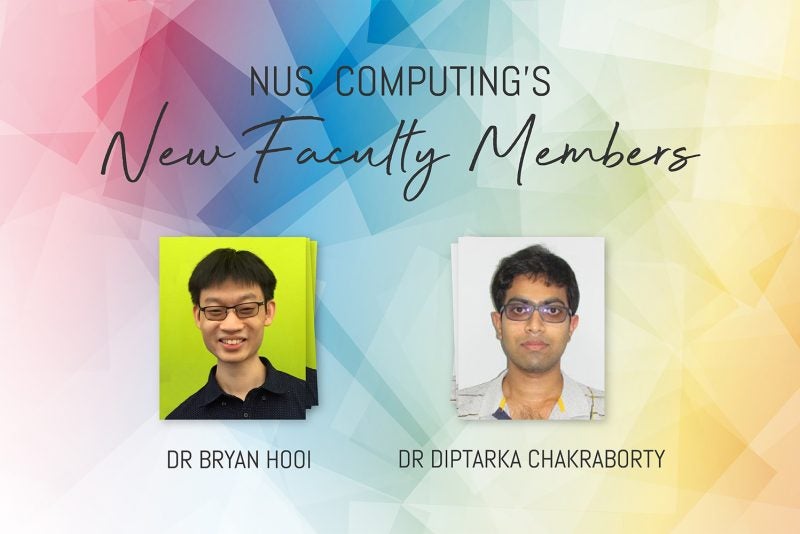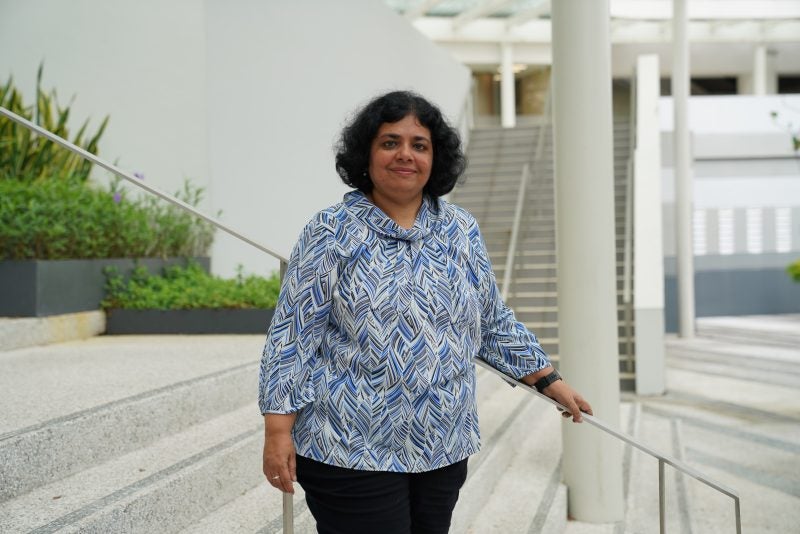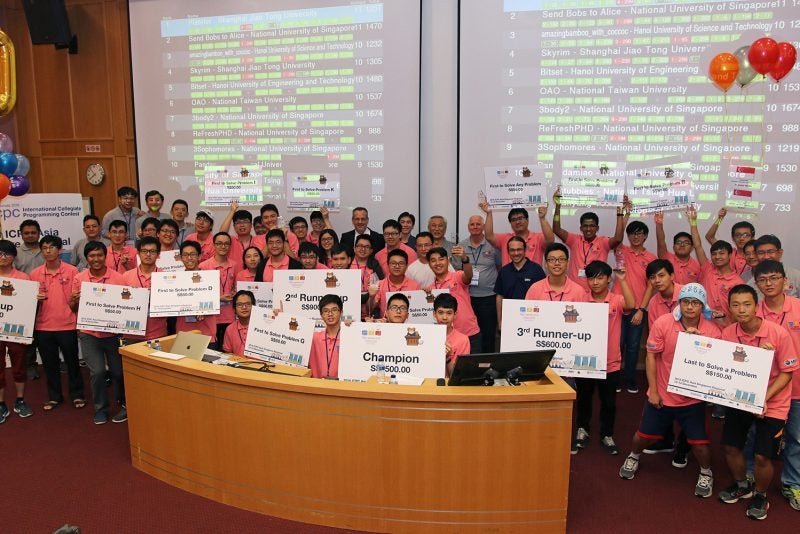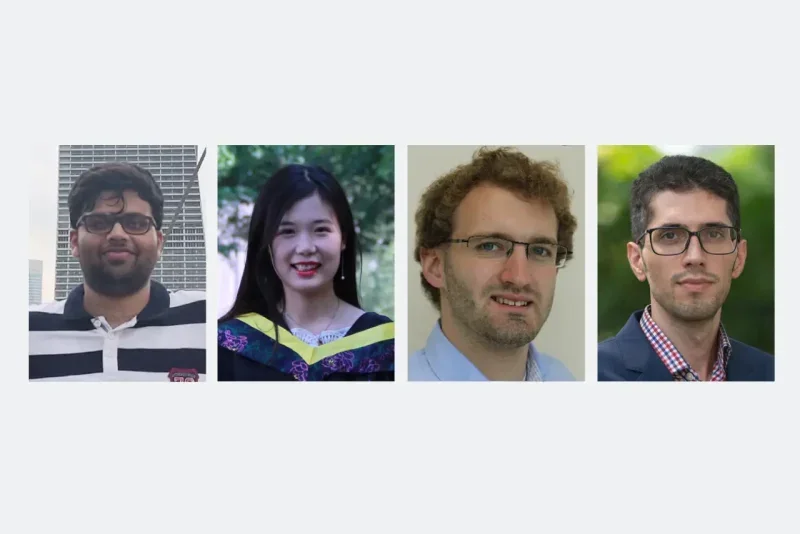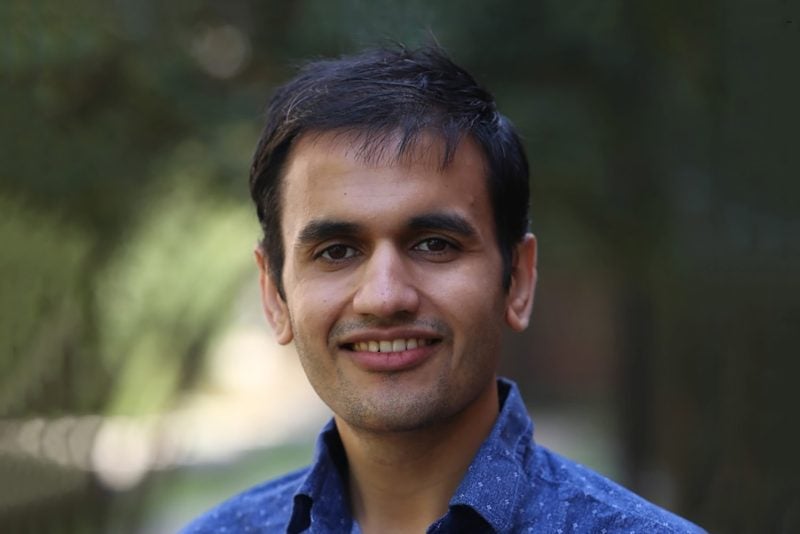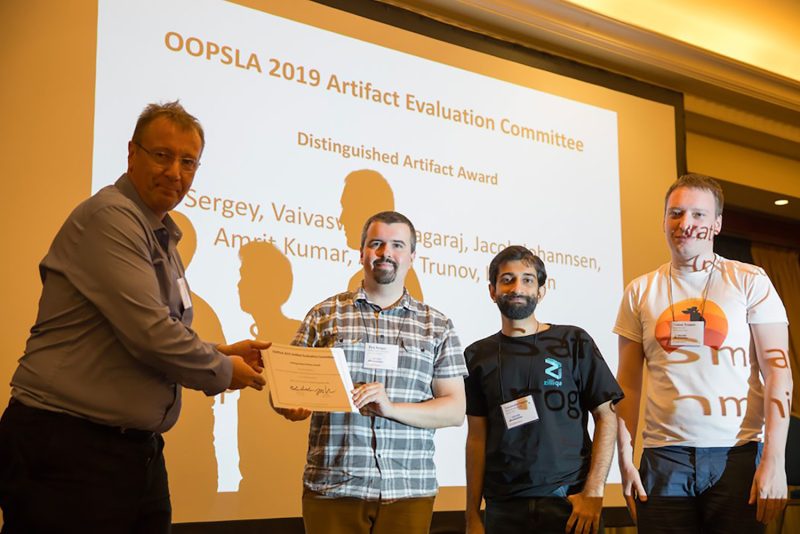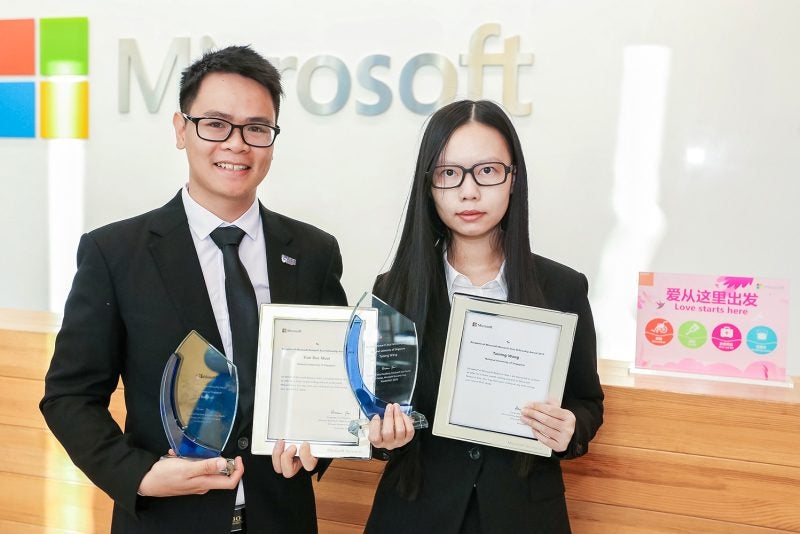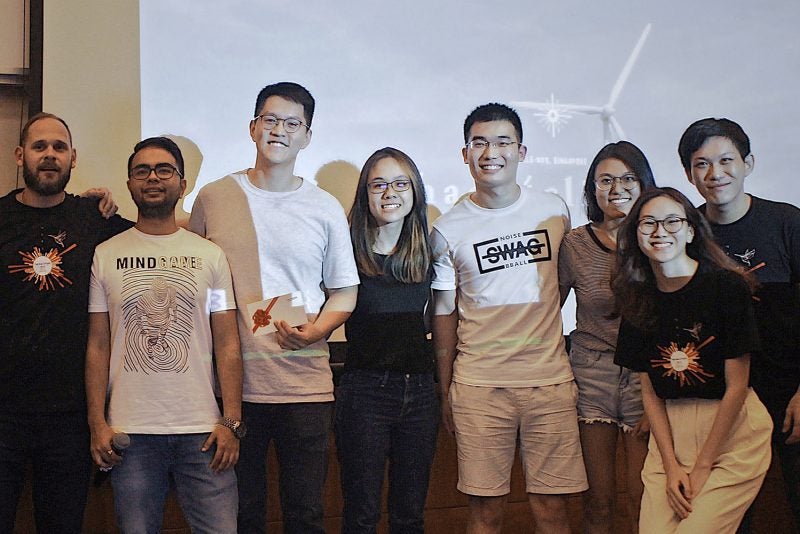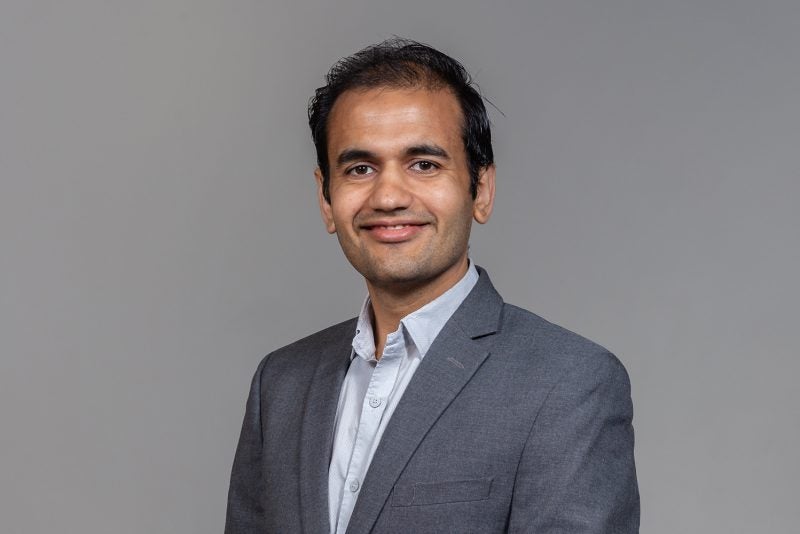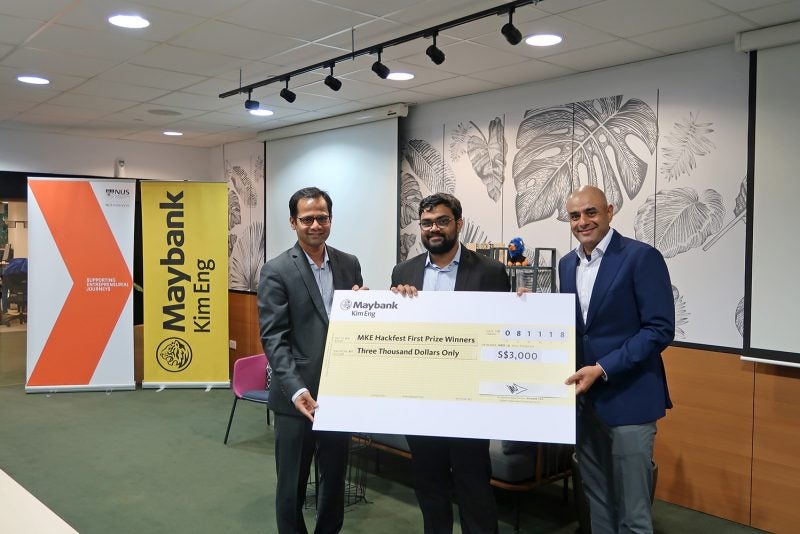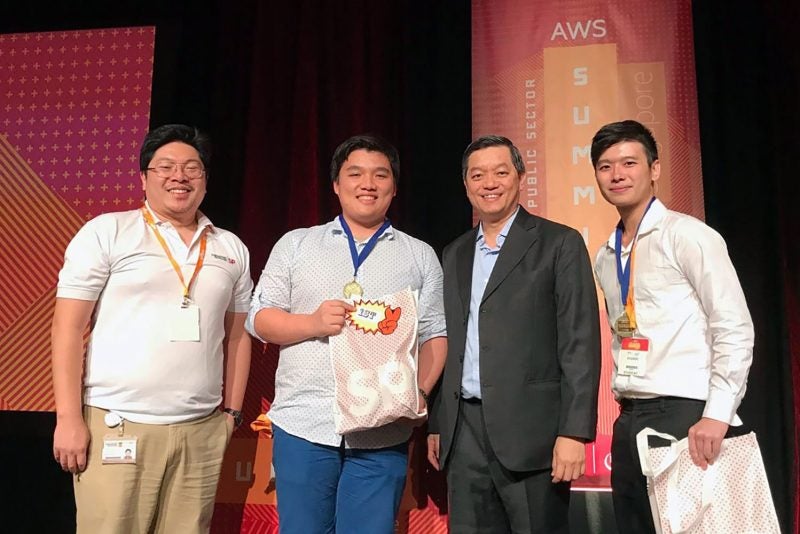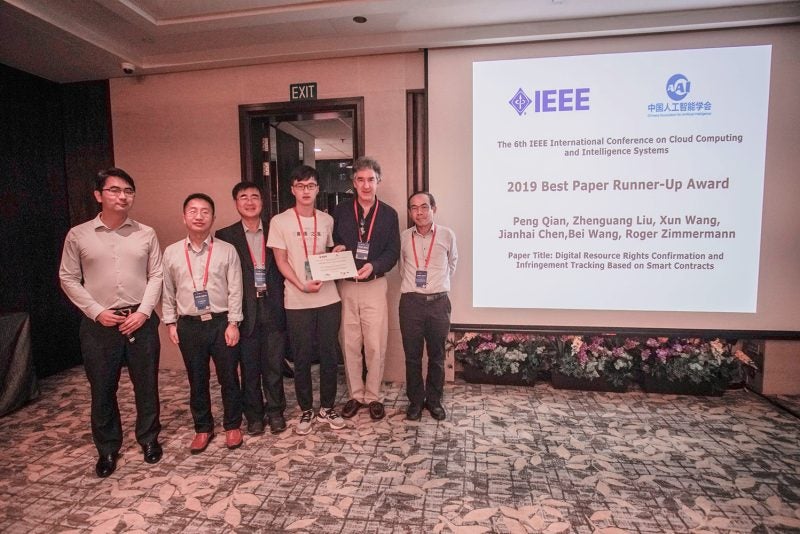13 May 2019 – Associate Professor Chan Mun Choon and NUS Computing PhD students Pravein Govindan Kannan and Raj Joshi won the Best Paper award at the ACM Symposium on SDN Research (SOSR). The conference was held from 3 to 4 April in San Jose, California.
A total of 53 papers were submitted at the premiere conference for Software Defined Networking (SDN) research publications. SDN is a network architecture approach that allows networks to be controlled via software instead of traditional routers and switches. With SDN, network engineers or administrators can change network traffic without touching individual switches in the network. The system is mostly used in cloud computing to facilitate network management and enable efficient network configurations.
The team won the award for their paper in precise SDN time-synchronisation. “Modern data centres are moving towards 100 to 400 Gigabytes per second (Gbps) speeds in the coming years. At 100 Gbps, an 80-byte packet is received in 6.4 nanoseconds,” explained Prof Chan. “With applications like high-speed trading, e-commerce, and other tasks that rely on the right order of events, synchronising nanosecond-level timing becomes essential for data centres.”
In this research, the team investigated whether new microchips – programmable switching Application-Specific Integrated Circuits (ASIC) – can be used to design and implement a time synchronisation protocol. Comprehensive studies were conducted to measure the delay characteristics of switches and Network Interface Cards under different traffic conditions. Using these insights, the team designed and implemented a novel time synchronisation protocol which they called the Data-plane Time-synchronisation Protocol, or DPTP. According to the team, DPTP was able to achieve a median synchronisation error of 19 nanoseconds and a 99th percentile rate of 47 nanoseconds.
“It was very exciting to develop DPTP as we started out discovering nanosecond-level variations in switching that was not known or documented earlier,” said Prof Chan. “This gave us new perspectives in how we can design new protocols that can run in the data plane.”
“We believe that DPTP will encourage researchers to rethink the implementation of distributed protocols. If the entire network data plane is time-synchronised, this can facilitate the building of highly accurate in-network debugging and network update tools,” Prof Chan added.
Pravein is currently in his fifth year of PhD studies under the supervision of Associate Professor Chan Mun Choon. His research interests include Software Defined Networking, Network Virtualisation, and Mobile Communication Technologies. Raj is a fourth year PhD student under the supervision of Associate Professor Ben Leong. Raj’s research interests include programmable dataplanes and their applications for network monitoring, congestion control, fault tolerance, in-network computing and distributed systems.

